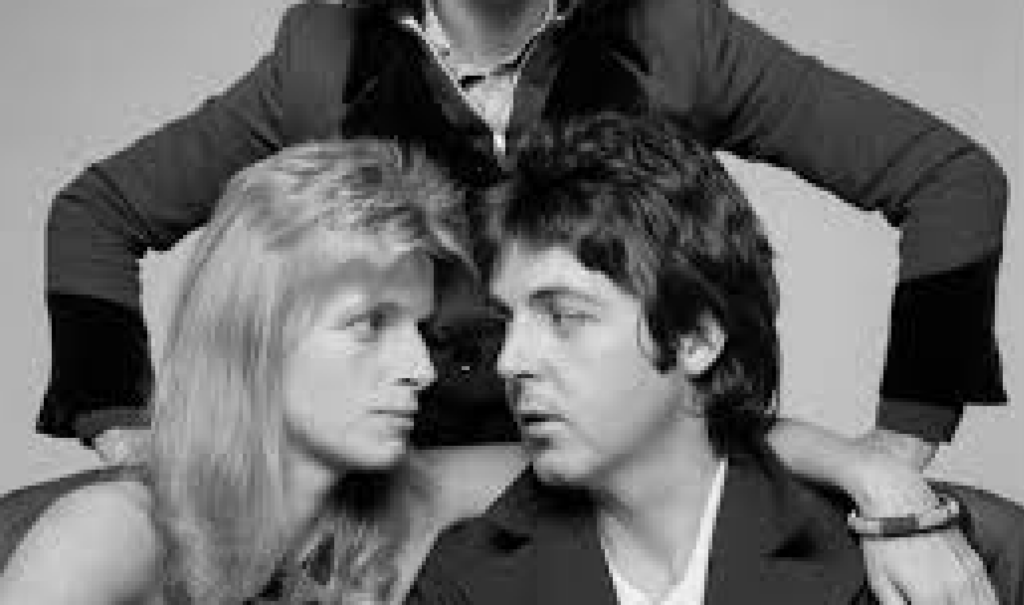Quiet Strength
Although virtually no one in this country foresaw the American disaster in Vietnam, the late British writer Graham Greene glimpsed it with astonishing clarity a decade before the first U.S. “advisor” set foot on Vietnamese soil. Greene’s 1955 novel The Quiet American, which has now been made into a disturbing and provocative film by the Australian director Phillip Noyce, is set in Saigon in 1952, amid the last paroxysms of the French misadventure in Indochina and prior to our own. But Greene’s title character, a naïve spy named Alden Pyle (Brendan Fraser), presages the horrors to come. A Cold War idealist with an obstinate devotion to the cause, he unwittingly wreaks havoc in the name of democracy and poisons the lives of those around him.
Greene’s book and this adaptation suggest that Americans acting on behalf of their government could be complicit in terrorism. That’s explosive stuff in today’s post-9/11 climate, and Noyce’s long-delayed film is bound to be anathema in some political circles. The atmosphere is not as nasty as Greene’s original fiction, but the film is far more inflammatory than Joseph L. Mankiewicz’s sanitized 1958 version, in which Audie Murphy’s Alden Pyle was retooled as a diplomat heroically fighting communism.
Greene, an agent for British intelligence during World War II, had a lifelong scorn for most things American, from the cut of our suits to the presumptions of our foreign policy. His Pyle is not just a character but a symbol of Yank chicanery steeped in raw, self-righteous innocence. But neither Greene nor Noyce — who also directed the recent heartbreaking Aussie hit Rabbit-Proof Fence — is concerned wholly with politics, and neither is willing to segregate good from evil. Those familiar with that region of the soul literary critics have long called “Greeneland” — a spiritual purgatory where the obligations of faith and the nature of sin always come into question — will find themselves uncomfortably at home with these characters and in Noyce’s steamy, beguiling Saigon. It is a place of back-alley deceptions, opium-scented decadence and sudden violence, a netherworld visitors never quite grasp, despite their addiction to it.
Among the inhabitants, or intruders, is Thomas Fowler (Michael Caine), a world-weary British journalist who has detached himself not only from the dangerous, simmering politics he writes about but also from his own emotions. A classic Greene type, played to cynical perfection by one of the world’s great actors, Fowler is a married man in love with a beautiful Vietnamese girl called Phuong (Do Thi Hai Yen). He soon discovers that he has a rival for her affections. It is, of course, the ever-eager Alden Pyle, who woos Phuong with the same blind sincerity with which he pursues his secretive mission in Saigon. Greene, Noyce and screenwriter Christopher Hampton (Dangerous Liaisons) paint this intrigue in moral ambiguity. Like Vietnam itself, Phuong is a seductress who declines to be won. If, half a century ago, we needed a warning about what would befall our troops in the Mekong Delta or our politicians in the thickets of Southeast Asian diplomacy, we needn’t have looked any further than The Quiet American. Instead, we didn’t look and paid the price. These days our certainties about policing the world look more stubborn than ever.
Brendan Fraser, whose résumé is littered with dumbed-down credits like George of the Jungle, here gets his first opportunity since Gods and Monsters to show off some real acting chops. His portrayal of Greene’s meddlesome spook allows us into this unsettling, morally complex and timely view of American power abroad. Many will find it courageous, some will revile it, but no one is likely to look away from the screen. Graham Greene, who died in 1991, would likely welcome the ensuing arguments.




